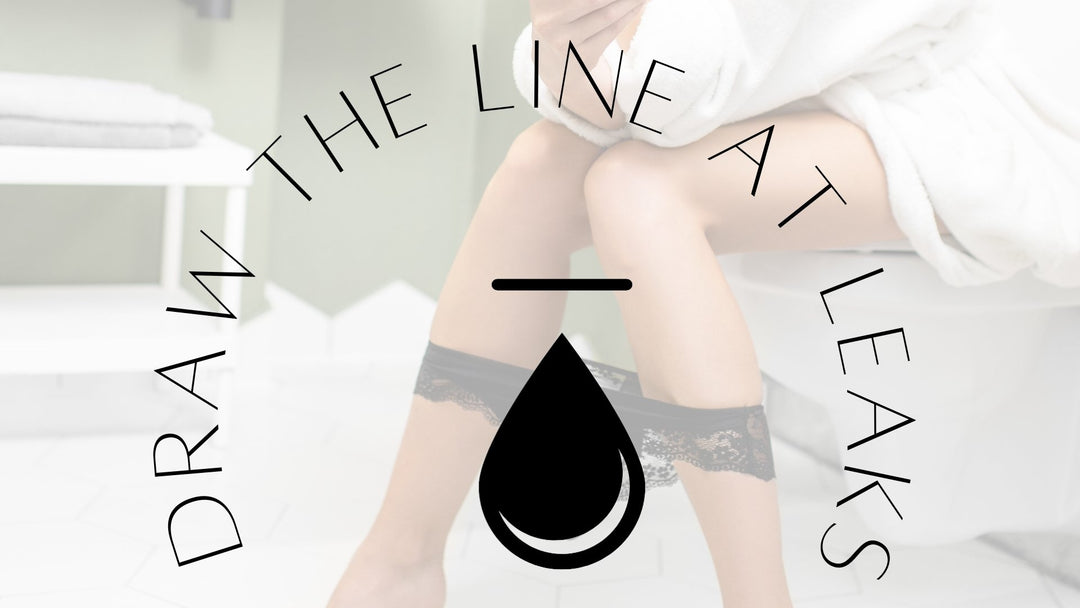5 Below the Belt Signs It's Time to See the OBGYN
Did you know that most people experience menstrual problems before going to a gynecologist? There's a reason for that. Many problems that occur below the belt are often overlooked - and these could lead to health problems in your uterus, ovaries, fallopian tubes, or other organs. It's essential to pay attention to these symptoms, so you don't suffer through them forever. If you're experiencing these five signs, it's time to make an appointment.
1. Painful Periods
It's not easy to lie down, hold your belly, and watch the waves of pain roll over your pelvis. But if you need to do this, it's a sign that something is wrong. Some find relief from mild cramping by taking an over-the-counter painkiller. However, it's best to see your doctor about this problem before the pain becomes unbearable.

2. Frequent Urination
Do you find yourself making frequent trips to the bathroom? If you have a urinary tract infection, it's best to see a doctor immediately, especially if you have symptoms like fever, chills, backaches, nausea, vomiting, or cramps. Even if you think it’s something you can manage by flushing your system with water and cranberry juice, make sure to check in with your OBGYN. Your health depends on it!
3. Vaginal Itching
If you've ever had a vaginal itch, it's probably nothing to worry about, but you should still see your gynecologist. If the itching is more severe, it could be a symptom of a sexually transmitted disease or yeast infection.
Vaginal problems are common. One in every three people has at least one kind of vaginal infection. You may have yeast infections, bacterial infections (like chlamydia and gonorrhea), trichomoniasis (a sexually transmitted disease), or genital herpes.
4. Irregular Cycle
You might not know how much the brain plays in your cycle, but it does! Your menstrual cycle is regulated by hormones in the hypothalamus and pituitary gland. Hormones like estrogen, progesterone, and testosterone, regulate menstruation. If your hormones aren't working properly, you'll have irregular cycles.
Hormonal birth control can help to avoid this issue because it works on the level of your ovaries. But if you're experiencing irregular periods, talk to your OBGYN about it. Different medications can help improve cycle length and regularity as well as nutrition.
5. Heavy Periods
Calling in ill due to a heavy flow is normal for some people, but if it happens too often or lasts longer than two weeks, there may be a problem with the lining of the uterus or your ovaries.
Endometriosis occurs when cells that normally line your uterus grow outside it. This causes pain, bleeding, and other problems and not just reproductive. Endometriosis can affect other locations within the body. It's essential to see a doctor immediately because many people experience severe pain and fatigue during their periods, which can interfere with their ability to work.
In the worst-case scenario, heavy or unusual bleeding (bleeding after menopause) can signal uterine cancer, but most doctors will catch this in its early stages. So pay attention to your flow: Is it too heavy for too long? If so, schedule a visit with your gynecologist.
Conclusion
Your below-the-belt health has prime importance in your life. It impacts your family, social life, financial independence, and more importantly your emotional and mental health. Therefore, looking after your overall well-being and paying a visit to the OBGYN if you experience these 5 signs.
References:
https://www.ncbi.nlm.nih.gov/pmc/articles/PMC5737931/
https://www.ncbi.nlm.nih.gov/books/NBK543220/
Keywords: periods, menstrual, vaginal problems, yeast infection







